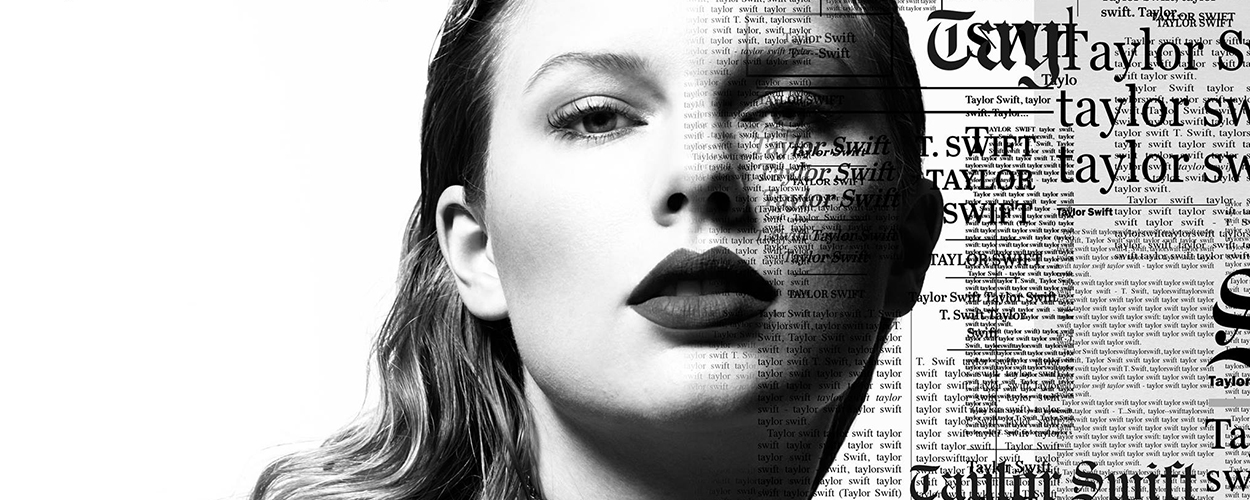This website uses cookies so that we can provide you with the best user experience possible. Cookie information is stored in your browser and performs functions such as recognising you when you return to our website and helping our team to understand which sections of the website you find most interesting and useful.
Artist News Business News Legal Media
Media lawyers routinely attack free speech by misrepresenting the law, reckons Setlist podcast
By CMU Editorial | Published on Monday 13 November 2017

This week’s Setlist podcast from CMU kicks off with a discussion about Taylor Swift’s recent legal wranglings with politics and pop culture blog PopFront. And talk quickly turned to the way some big media law firms sometimes misrepresent the law so to help their wealthy clients attack the free speech of others.
As previously reported, Swift made headlines last week when her lawyers sent a threatening letter to PopFront, an up-to-then fairly little read blog. It accused the blog’s writer, Meghan Herning, of defamation, because she had published an article about how some members of the alt-right movement had expressed admiration for Swift’s music. The blog post reviewed the way alt-right supporters had interpreted Swift’s lyrics and also suggested that the video for ‘Look What You Made Me Do’ arguably used Nazi imagery.
Swift’s lawyers demanded the piece be withdrawn and a retraction published. But
Herning instead took the letter to the American Civil Liberties Union, whose lawyers stated that there was no case for defamation in relation to the article. The writer had simply reviewed conversations that were already happening elsewhere and added some of her own opinions, all of which is perfectly within the bounds of the law.
While stressing that he is not commenting on this specific case, CMU’s Chris Cooke nevertheless had some choice words for those media lawyers who do routinely send letters to blogs and independent media ordering that content be removed to avoid libel litigation, when the case for libel is, in fact, nonexistent.
“I’m not here to comment on this particular case”, Cooke says. “But I do find the ACLU’s arguments very compelling. And we ourselves have received legal letters on behalf of corporations or millionaire celebrities demanding content be removed, claiming defamation”.
“Sometimes I read these letters and I am pretty damn sure that there is absolutely no case for libel”, he goes on. “And I suspect that the lawyer doesn’t think that there’s a case for libel either. Which means they would never take this case to court, because they know there isn’t a case to put before a judge”.
He continues: “When studying for my law degree, I remember one of my lecturers remarking how, ‘the law is open to everybody, just like the Ritz hotel is open to everybody’. You assume what these lawyers are doing is saying, ‘Okay, we’ll send this stern letter and we’ll frighten them, or just for an easy life they’ll take the content down, and then our millionaire celebrity client or our big corporation client will get what they want and – hurrah – we can bill them for that'”.
“My perception on that is, if a lawyer is knowingly misrepresenting the law for the benefit of their millionaire client, that’s just wrong”, he says. “That shouldn’t be allowed. And if the legal profession had any credibility, which it doesn’t really, but any lawyer caught doing that – deliberately misrepresenting the law to force some content off the internet – they should be sacked. Because it’s a blatant assault on free speech”.
You can hear the full discussion on Taylor Swift’s battle with PopFront, plus conversations about the threat of closure facing Bristol music venue Thekla, Tidal adding detailed credits to tracks and albums on its platform, and more, here:





